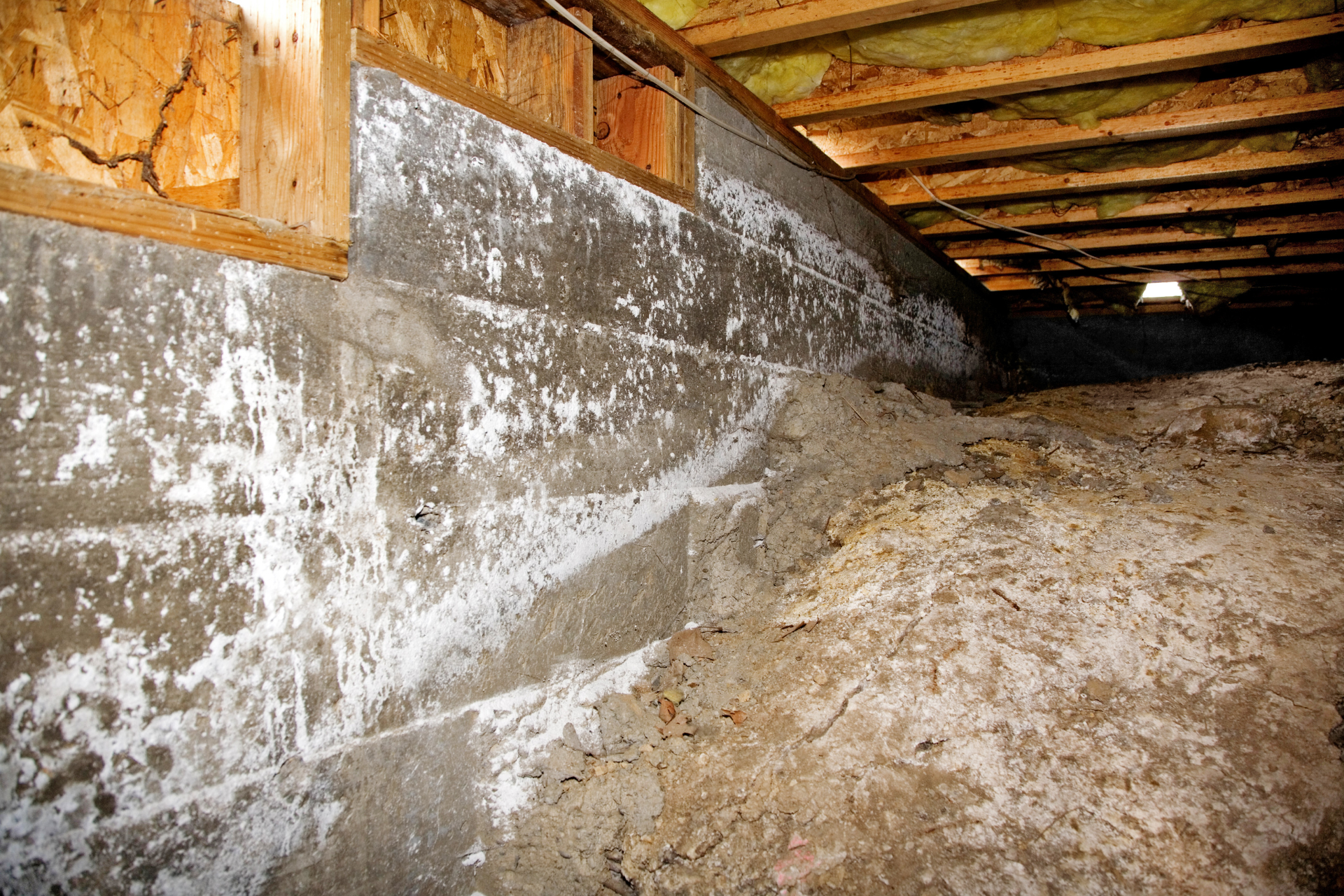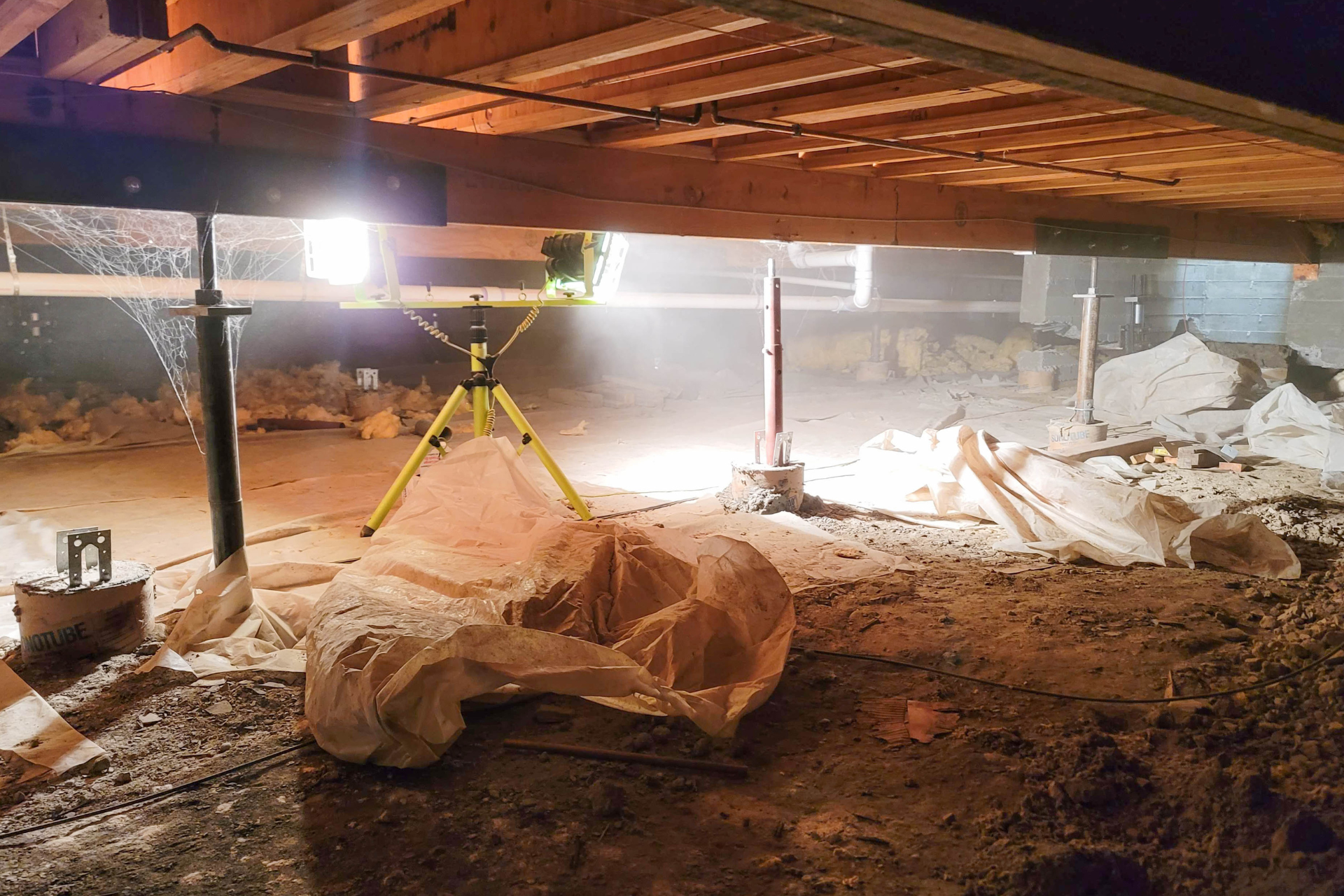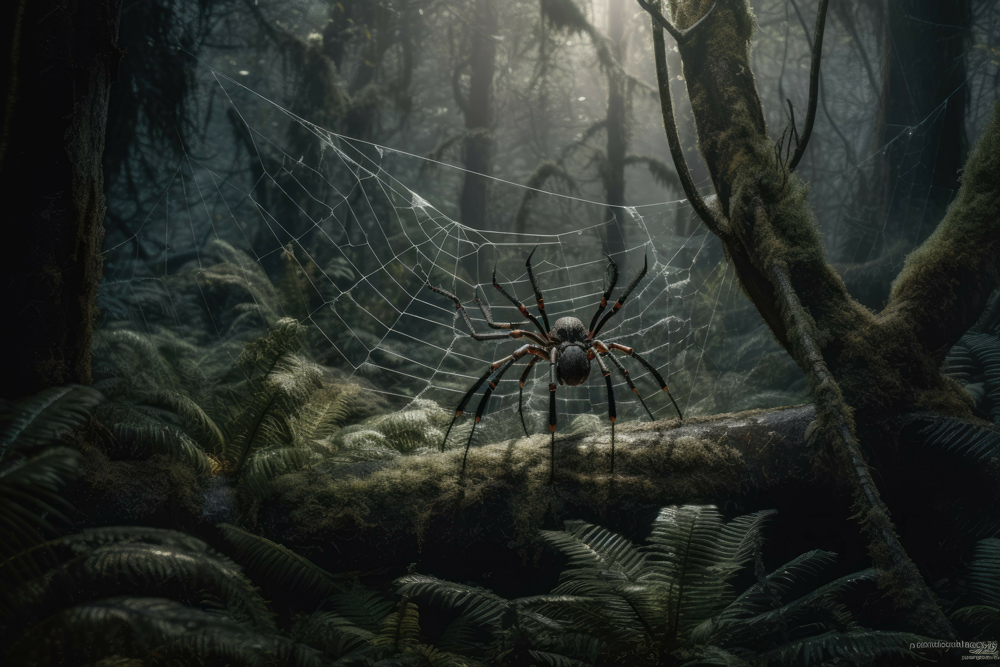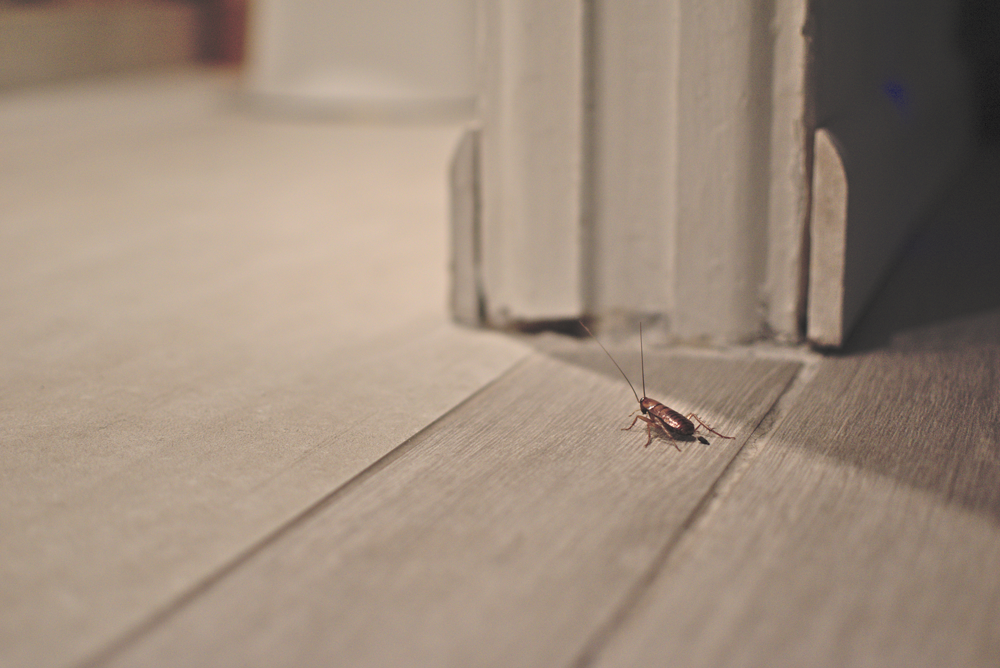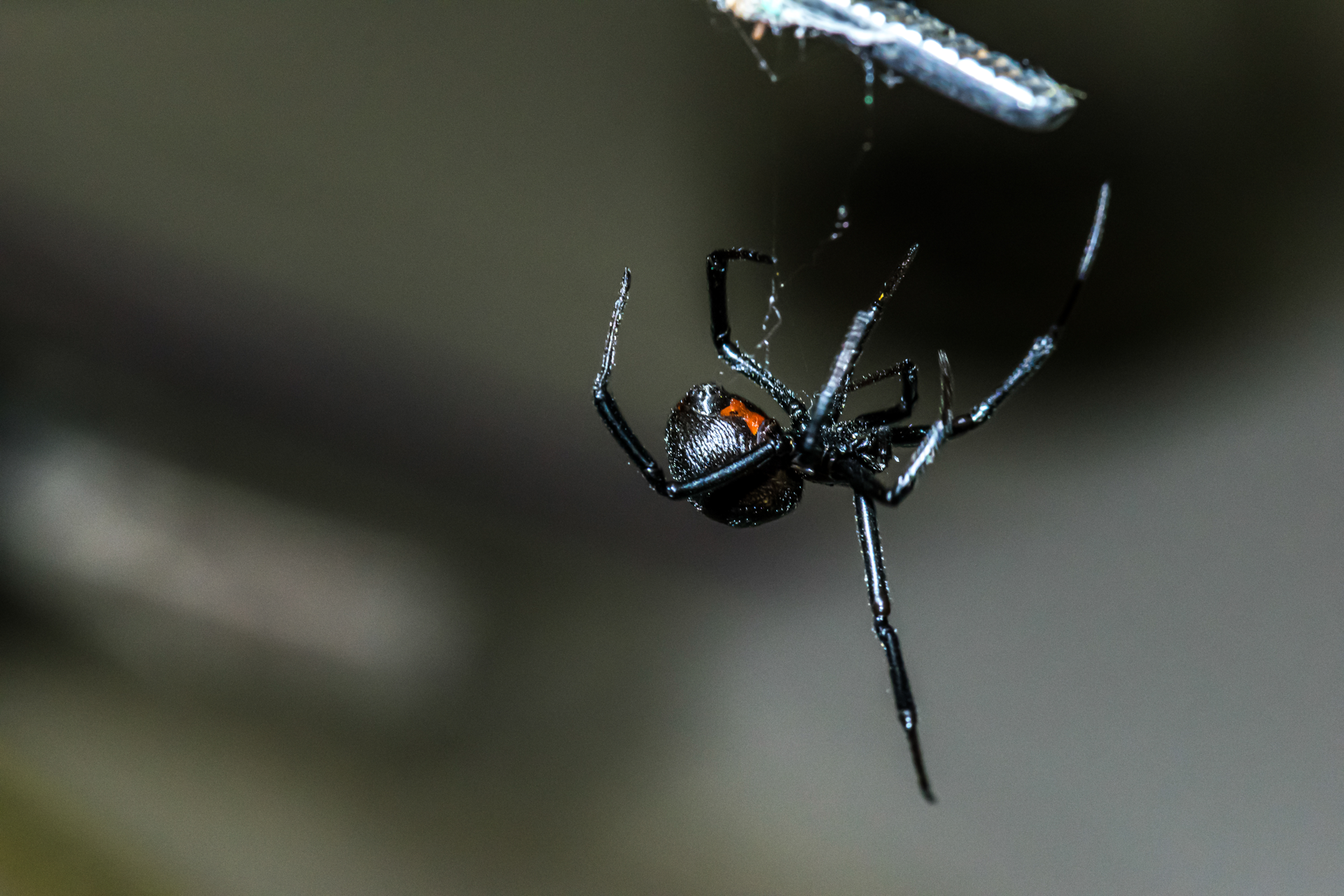Is Your Home Attracting Pests?
The short answer to our lead-in question is yes. Homes, in general, attract a huge number of pests. According to multiple scientific studies, there are at least hundreds, and probably thousands, of insects in American homes at any given time. And the truth is, they are not just visiting. They live right there with you, "Tu casa, su casa". Some of them are harmless, but many are decidedly not. Either way, most of them stay out of sight. You might not even know they are there until an infestation becomes advanced. Then, you might spot one, see some visible signs of damage, or members of your household might start getting sick from the many pathogens they carry.
So, what is it that attracts these pests to your home? In essence, it is the basic necessities of life: food, water, warmth, and shelter. Practically all homes offer these comforts. After all, without them, it wouldn't be much of a home for us two-legged creatures, either. But why don't these pests seek these requirements outdoors instead of targeting our homes, and how can we lessen that attraction? Let us break it down for you.
Bugs Need Food
Living creatures need food to survive and many like to eat the same things we do, such as ants, cockroaches, and rodents. Some creatures like to eat the pests that eat our food, like spiders and beetles. Others, such as termites and booklice, feed on materials commonly found within the home, like cellulose (paper). While these food sources are available to pests outdoors, they are not so easily obtainable, as they must hunt and forage for them. Your home, on the other hand, is a concentrated treasure trove of delectable goodies, already collected, reliable, and waiting for them to consume. It's like the difference between going on an uncertain hunting expedition or going to the grocery store. Which would you pick, especially when you aren't the one picking up the tab?
Bugs Need Water
From the largest mammals to the tiniest microscopic bacterial organisms, they need water to survive. While pests can find water outdoors, it might be an arduous journey, a less-than-clean water source, or a potentially hazardous area where other predators are waiting for their next meal to come along for a drink. Your home, however, has this precious resource on tap in multiple locations. Pests can find water in your bathroom, kitchen, laundry areas, or other places in your home that are prone to humidity or dampness. Take, for example, spiders. Have you ever noticed that spiders like to hang out in the bathroom? They are visiting your faucets regularly. Some people say that a spider can even drink water from your eyes when you are sleeping. Though most scientists tell you that is false, it leaves us to wonder why we also often find spiders in our bedroom, even when there is not a faucet there, and we know that they sometimes crawl on us at night. One man even had to have one removed by a doctor from his ear, where it was spinning a web.
Bugs Need Warmth
While some pests can survive in extremely cold or hot temperatures, most prefer a temperature range similar to humans'. Many can perish if temperatures climb above 120º or drop below 32º Fahrenheit. Most insects are exothermic, meaning that they cannot produce their own body heat and must rely on external sources for that comfort. Your temperature-regulated home is the perfect environment—comfortable, warm, and cozy even in the dead of winter.
Bugs Need Shelter
Living creatures want shelter from the elements and the dangers of the world around us—a place to call home, and that includes pests. Your home makes a much better shelter than, say, living inside a tree stump or under a rock. It's spacious, dry, warm, offers a constant source of sustenance, and it also offers countless places to hide, build a nest, and even raise a family. Did you know that some creatures, such as the Granary Weevil, can live their entire lives inside your home and never set foot outside?
What You Can Do To Lessen The Attraction Of Pests To Your Home?
There are a few things you can do to make your home less attractive to pests:
- Keep the house clean and decluttered. Dirt, trash, debris, and clutter (and their accompanying odors) are like the frosting on the cake to a pest. The tidier your home, the less appealing it becomes.
- Keep your foodstuffs and pantry items sealed up tight. Take your trash out daily, and keep receptacles covered. The harder it is to get at the food supply, the less likely it can be raided.
- Seal up cracks and crevices. This includes windows, doors, pipes, crawlspaces, attics, basements, and anywhere else pests might gain access.
- Inspect your home regularly. Be vigilant and look for signs of infestation throughout the home. This might be structural damage, strange noises, foul odors, or the presence of droppings.
What To Do If You Have A Pest Problem
If you are experiencing an issue with pests—or if you (very wisely) want to take proactive measures to prevent one in the future, contact the professional pest management company At Ease Pest Solutions, the top-rated specialist in North Carolina. Not only is a pro your best option for handling existing pest infestations, but they can also set you up with a prevention plan to help keep them away. Because you deserve to be at ease, you deserve At Ease, and we are always ready to help.
Troutman Branch
694 South Main Street
Troutman, NC 28166
704.761.9697

